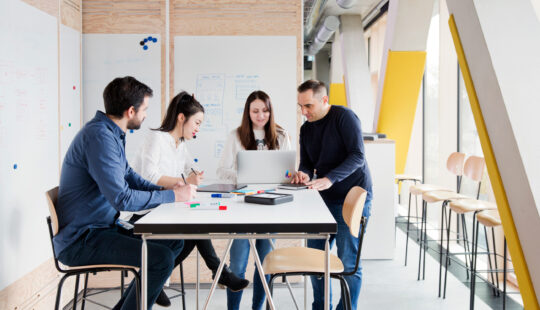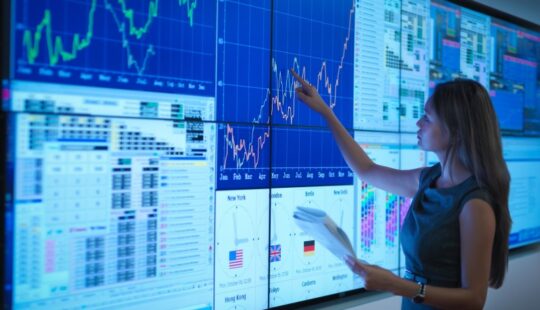Did you know that the inventor of the plastic bag expected it to save the world?
Swedish engineer Sten Gustaf Thulin designed the plastic bag in 1959 as an alternative to paper bags, which were notorious at the time for driving deforestation.
The humble paper bag also required vast amounts of energy and water to produce, and was heavier than packaging alternatives, making for a more resource-intensive transportation journey.
While I feel a little pride for my fellow countryman’s efforts, it doesn’t change the fact plastic today is one of the biggest threats facing the world’s seas.
One of its most promising qualities, its durability, is also coming back to bite us. It is estimated it will take thousands of years for Australia’s plastic bags to decompose. But I am not writing this article to instil fear or shame in the everyday plastic user. Let’s face it, we’d all be guilty.
No matter how hard we try, we live in a world where plastic bags are produced at a rate of a trillion a year, and all manner of single-use plastic products are ubiquitous. Even when I bring my own cotton bag to the supermarket, I can’t shake the guilt when I remember that the entire fresh fruit aisle likely arrived from the warehouse shrink-wrapped in plastic that will never be reused.
While young people, like my countrywoman Greta Thunberg and Australia’s Plastic Free Boy, are proving themselves to be more politically, environmentally and socially active than any generation before them, the burden of responsibility for our planet’s sustainability should not be placed on their shoulders alone.
Individuals, governments and businesses must all play a part — and it’s the dramatic change that businesses can make that I want to explore.
The ripple effect of sustainable business practices cannot be underestimated. Environmentally conscious businesses may not be as headline-grabbing as a group of protesters or a controversial activist riling up national leaders, but a supply chain that saves plastic has far more of an impact than an individual’s buying decisions.
Sustainable business processes don’t make only ethical sense but also financial sense.
Consumers are more aware than ever of the power of their dollar. Research by Nielsen reveals that 66 per cent of consumers globally are willing to spend more on a product if it comes from a sustainable brand.
It’s easier than ever for corporations with big buying power to make more informed, environmentally conscious decisions.
Technology platforms and the digital business networks they provide create new-found visibility into supply chains, enabling businesses to evaluate trading partners more quickly and easily against specific data points, such as their approach towards plastic.
SAP Ariba is making a difference through its Plastics Cloud, a technology platform meant to help contribute to a cleaner ocean by 2030. Functioning as a digital marketplace, brands can connect with each other based on their supply or demand for recycled and alternative materials.
Plastics Cloud allows for sustainable suppliers to be found efficiently and for the flow of materials to be monitored better.
Having launched the second phase of Plastics Cloud, businesses are now able to create a more sustainable supply chain through a secondary materials marketplace that connects packaging and consumer product companies to new sources of recycled plastics and plastic alternatives.
Solutions such as these rely on technology, including machine learning, to compile information that can be used to forecast trends in plastics purchasing and recycling, enabling services to meet demand. These solutions are designed for circularity, where resources are reused, and suppliers can get rid of plastic materials they no longer need by sharing them with businesses that will make better use of them.
And by showcasing companies tackling the plastics problem, and funnelling procurement dollars into these businesses, it allows them to grow and reap the benefits of economies of scale.
Our world is only 9 per cent circular. Yet by trialling and refining circular business models, businesses will grow financially while reducing waste. Through sustainability technology and innovation, companies are forecast to unlock $4.5 trillion in economic growth, according to research by Accenture.
Rather than naming and shaming the organisations that don’t do their part, it’s time to start naming and faming the corporations that are changing the way they source their materials.
The opportunity for businesses to reshape the market for good, using technology and their buying power, has never been more accessible or so necessary.
Henrik Smedberg is regional vice-president at SAP Ariba ANZ.
This article first appeared on The Australian.



